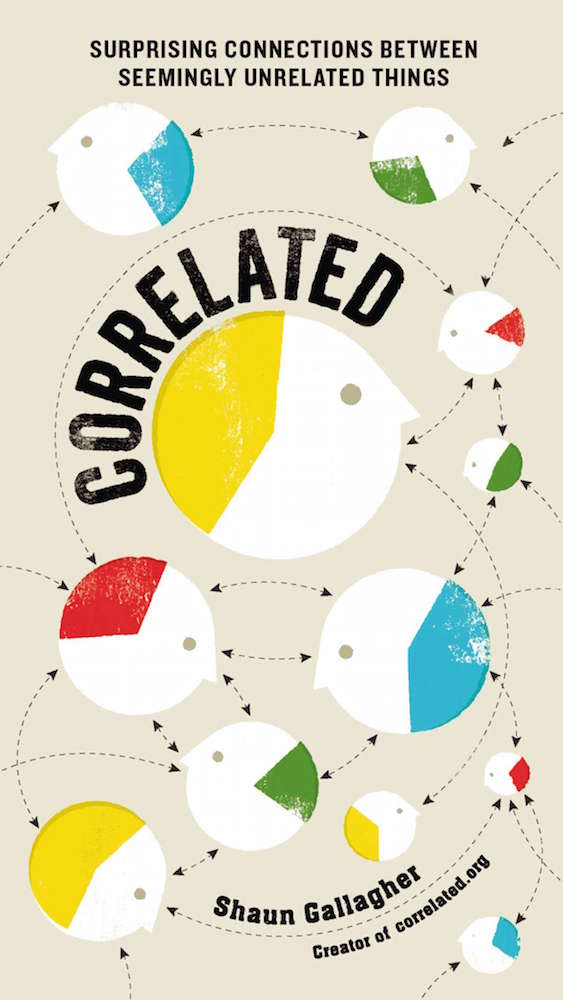Fermi's Pair o' Decks: Card-trick math reveals odds of alien life
Using playing cards and combinatorics, we can better understand the 'E.T. denominator'
In a previous post, I wrote about what I call the E.T. denominator, an essential part of the Drake Equation, which is an attempt to calculate how prevalent life is in the universe, outside our own little planet.

In that post, I mentioned that as with any type of statistical probability, we express the odds of "life arises out of non-life on any given planet in the universe" as a fraction, with 1 as the numerator and an unknown number as the denominator.
Normally, when you are trying to figure out what that denominator is, you can extrapolate the frequency of an event's occurrence using as few as two data points. For instance, suppose you are rolling a die with an unknown number of sides. And suppose it takes only 10 rolls before you land on a repeat side. You can reasonably conclude that the die is more likely to be a 10-sided die than a 10 million-sided die, even though either is possible.
But when it comes to the frequency of life arising out of non-life, we do not have the minimum number of data points required to properly perform any kind of extrapolation. We know it's happened here on Earth, but not only do we not have evidence of it having occurred anywhere else in the universe, but we don't even know how it occurred here, despite many valiant attempts to recreate the process.
Could abiogenesis be so common that it happens at least a few times during the lifetime of each of the innumerable star systems in our universe? We don't know, and we can't extrapolate without more data.
Could it be so rare that the fact that it happened even once during the entire lifetime of our universe is a significant defiance of the odds? We don't know, and we can't extrapolate without more data.
In the absence of that data, the most we can do is set a lower bound to the E.T. denominator, but not an upper bound.
With that in mind, there is a certain sense in which we can say that it is equally plausible (though not necessarily equally probable) that we are alone in the universe and that we aren't.
Conceding the vastness of space
A common pushback I hear is that the universe is just so unfathomably large that no matter how uncommon abiogenesis is, if it can happen once, it can happen again — and if it can happen again, it must have happened a multitude of times across the vast expanse of our universe.
I am certainly willing to concede the vastness of space. We are just one tiny planet among a bunch of planets and other objects orbiting our star, which is just one of 400 billion stars in our galaxy, which is just one of about 100,000 galaxies in our supercluster, which is just one of about 10 million superclusters in the observable universe.
So even if the E.T. denominator were a value so large that we really can't comprehend it, it might still be small enough, compared with the number of possible planets on which life could occur, that the universe is practically teeming with life.
But I am going to pursue a different line of argument.
I will concede that most people properly appreciate just how big the universe is.
But what they don't often properly appreciate is how few things need to line up exactly right to make abiogenesis a "once in the lifetime of the universe" type of event.
To better illustrate this, let me introduce a magician.
A Magician's Card Trick
The Great Fermi is an illusionist extraordinaire, and he's going to perform a trick for you.
From seemingly out of nowhere, he produces a pair o' decks.
Each sealed deck consists of 52 playing cards, and when he unwraps them and spreads them out on a table, we see that the cards appear in the standard order, with spades, diamonds, clubs, and hearts in ascending card value.
The Great Fermi hands you the first deck, plus the first eight cards from the second deck, and asks you to thoroughly shuffle the 60 cards.
As you shuffle, he begins his patter about the size of the universe.
"Did you know," the Great Fermi says, "that scientists estimate there are 1080 atoms in the universe? That is 10 to the power of 80 — a truly extraordinary number."
He encourages you to shuffle even more.
"One of the interesting things about playing cards is the number of possible arrangements of a shuffled deck. There is a branch of mathematics called combinatorics that studies this. And I must emphatically tell you that an essential operation when studying combinatorics is the factorial!"
He pauses to take a breath, and you stop shuffling, but he encourages you to continue.
"The 60 cards you are now shuffling could come out in many, many possible arrangements. Just how many? Well, we can express that quantity in just three characters: a six, a zero, and an exclamation point! Those three characters, when put together in exactly that order, are known as 60!, which is pronounced 'sixty factorial.' That is equivalent to multiplying 60 times 59 times 58 times 57 times 56 times — oh, do you see the pattern? — all the way down to 1."
He lets loose a belly laugh and again encourages you to continue shuffling.
"Do you know what you get when you multiple all of those numbers together? You get 1081! And I'm sure that by now you realize the significance of that number. It is a number greater than 1080, the number of atoms in the universe. Keep shuffling!"
Your hands are getting tired, but you obey the Great Fermi.
"Now, what are the odds that when you finish shuffling and we lay out all 60 cards on the table, they will appear in exactly the same order as they appeared before we began? Well, we could do this trick the same number of times as there are atoms in the universe, and you would be lucky if it even happened once. Stop shuffling now, please."
The Great Fermi collects the cards from you, spreads them out on the table, and to your complete amazement, the 60 cards appear in exactly the same order as when the trick began!
Of course, that's because the Great Fermi secretly swapped the cards after you handed them to him. But even if his trick hadn't worked, you still would have been amazed, because you have learned that with as few as 60 playing cards, you can conjure up a "once in a universe" event!
A trick of my own
Now it's time for me to admit that I've been pulling one over on you.
You see, in this story about the magician, I selected the number of atoms in the universe as a suitable magic number because it's immediately obvious to anyone that such a number must be vastly larger than the number of planets in the universe. And so, if an event's odds are such that they only happen once during a series of opportunities equaling the number of atoms in the universe, then surely that's even more impressive than if we were considering planets instead of atoms.
But what I purposefully neglected to draw to your attention is that our universe is not just one with a ridiculously large amount of space, but also one with an incomprehensibly large amount of time.
The number of seconds since the Big Bang is estimated to be in the range of 1017. All of human history is but a blink at such magnitude.
And yet ... suppose we wanted to factor in the elapsing of time.
If the number of seconds since the Big Bang is 1017, and the number of atoms in the universe is 1080, and we want to figure out how many opportunities we have to shuffle and verify at a rate of 1 second per atom, then we would multiply those two numbers. When multiplying exponents with the same base, you add the powers, so the result would be 1097.
That is an even grander number, yet we can still represent the odds using playing cards.
Adding only nine more cards to the set, for a total of 69 playing cards, gets us there, because 69! is roughly 1098. And in case you're curious, if you used every card from both decks, for a total of 104 cards, you'd be up in 10166 territory. You could cycle through billions upon billions of universes of the same age and never get a like-new ordering after shuffling.
The takeaway
None of the above should be taken as an attempt to convince you that aliens do not exist.
What I am attempting to do, however, is show how few parameters need to be ordered "just so" to result in an overall probability that makes an event plausibly a "once in the lifetime of the universe" event — even after we factor in the gobsmacking magnitude of the physical world.
If there's anything you take away from this post, it should be that our intuition about probabilities is even more likely to lead us into error than our intuition about the magnitude of space and time, which is also quite rickety.
How much more likely? Well, that's a probability post for another time.



